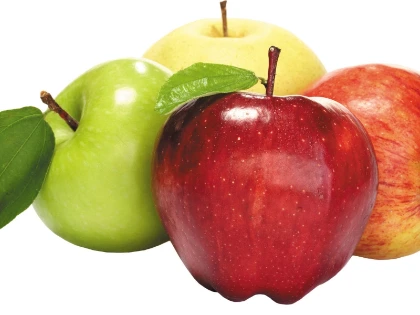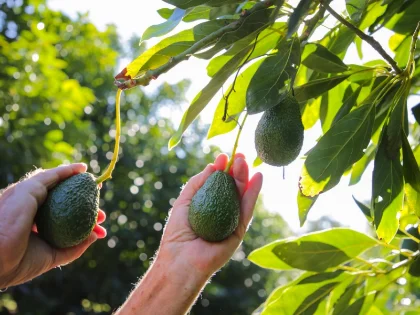The Pros and Cons of Eating Avocados
Monounsaturated fats, which can lower bad cholesterol levels without increasing good ones, are found in avocados. They have significant levels of fiber, potassium, and folate as well.
Carotenoids such as zeaxanthin and lutein, which are abundant in avocados, may help prevent macular degeneration and cataracts. In addition, they include protein, vitamin K, and B vitamins.
1. A lot of calories
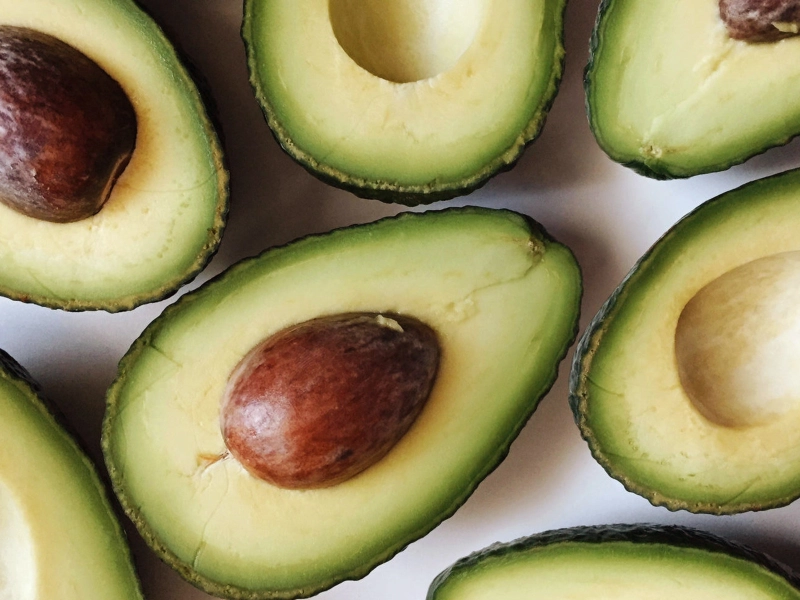
The nutrients found in avocados include fiber, potassium, folate, and heart-healthy monounsaturated fat. Along with carotenoids like lutein and zeaxanthin and phenolic compounds, which support healthy skin and hair, the fruit is also a good source of vitamins C, E, K, and riboflavin.
Avocados are high in calories, but the fiber and good fat they contain provide a large portion of those calories. This mix may help you feel fuller for longer periods of time and possibly reduce your overall food intake.
Avocado eaters have a decreased risk of metabolic syndrome compared to non-consumers, according to a 2022 study published in the Journal of the American Heart Association. Heart disease, excessive blood sugar, high cholesterol, and extra abdominal fat are among the symptoms that can raise your risk for these disorders.
Avocados can be eaten in many different ways, such as mashed into salads or mixed into smoothies. To avoid spreading their oils or bacteria to other meals, just make sure you wash them before chopping.
2. Excessive fat

Avocados have a lot of fat, but it's good fat—monounsaturated fat—that makes up 77% of their calories instead of trans or saturated fat. This kind of fat helps to keep us feeling full, lower cholesterol, and lower the risk of heart disease.
They also include polyunsaturated fats, such as omega-3 and omega-6. Because they are necessary fats, you must get them from meals for your body. They are required for normal blood coagulation, nerve coverings, and cell membranes.
Another essential component included in avocados is folate, which provides 10% of the daily required intake in only one serving. Folate assists in preventing the buildup and damaging effects of homocysteine, an amino acid linked to heart disease, in the blood.
Avocados should be consumed in moderation since, like all fats, they are heavy in calories. To incorporate healthy fat and flavor into a bowl of soup, salad, or toast, try slicing or cubing one avocado. Additionally, you can use avocado in place of butter or oil in your favorite recipes or to prepare guacamole.
3. Sugar-rich
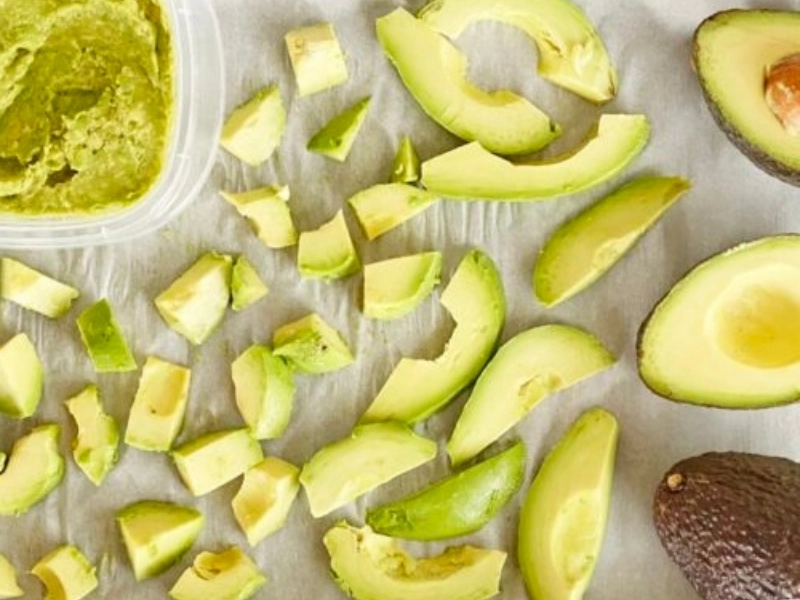
Avocados taste nutty and vegetal, with a creamy texture. This superfood is actually a fruit, even though it is occasionally categorized as a vegetable. They have high folic acid, potassium, and fiber content. Monounsaturated fats are also abundant in avocados. These fats do not lower good cholesterol, but they do help lower LDL, or bad cholesterol. They also lessen unexplained diarrhea and aid with digestion. Consuming avocados may also enhance nutrient absorption.
Because of their low sugar content and low glycemic index, they don't raise blood sugar levels right after eating. Additionally, they include a high content of dietary fiber, which helps control hunger and promote feelings of fullness.
Researchers discovered that avocado eaters typically had healthier diets overall in a 2021 study that was published in the Journal of Nutrition. They consume more fruits, vegetables, and fiber, and as a result, their chance of developing metabolic syndrome—a cluster of illnesses that raises your risk of obesity, diabetes, heart disease, and hypertension—is reduced.
4. Excessive sodium
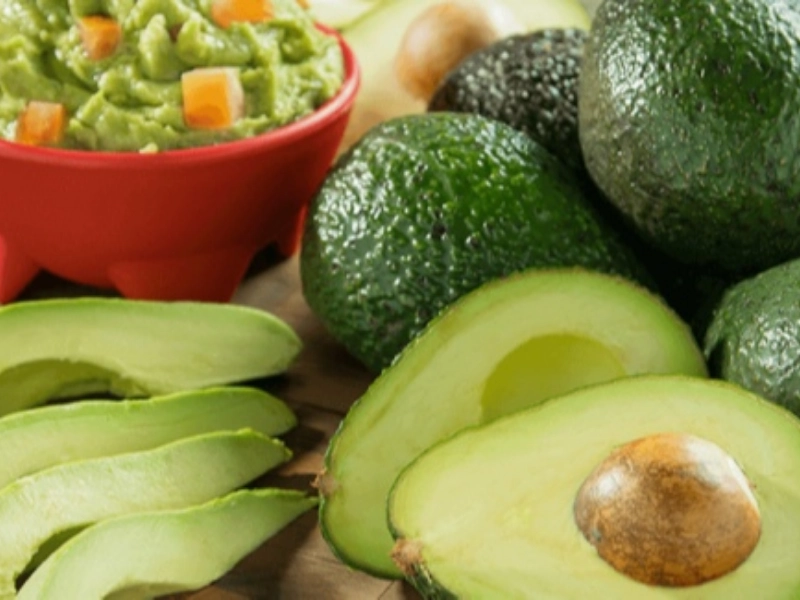
Avocados are high in monounsaturated fats, which are heart-healthy, and dietary fiber. They have a lower "glycemic load" in comparison to foods like butter, margarine, and processed meats. In other words, consuming them makes you feel fuller for longer and may aid with blood sugar and weight control.
Avocados are rich in vitamin C, vitamin E, and folate, and they're also a great source of healthy fats. Folate boosts the body's ability to absorb other nutrients like niacin, magnesium, and riboflavin and helps prevent birth problems, including neural-tube defects.
However, if you are on a low-potassium diet or have renal issues, you should limit your intake of avocados due to their high potassium content. Overdosing on potassium can be harmful. Additionally, a minor quantity of latex is present, which might cause food allergies in people who are sensitive to it. For this reason, it's crucial to read the label on the avocado brand you choose. In addition, if you have a history of food allergies, it is advisable to consult your physician before including avocado in your diet.
